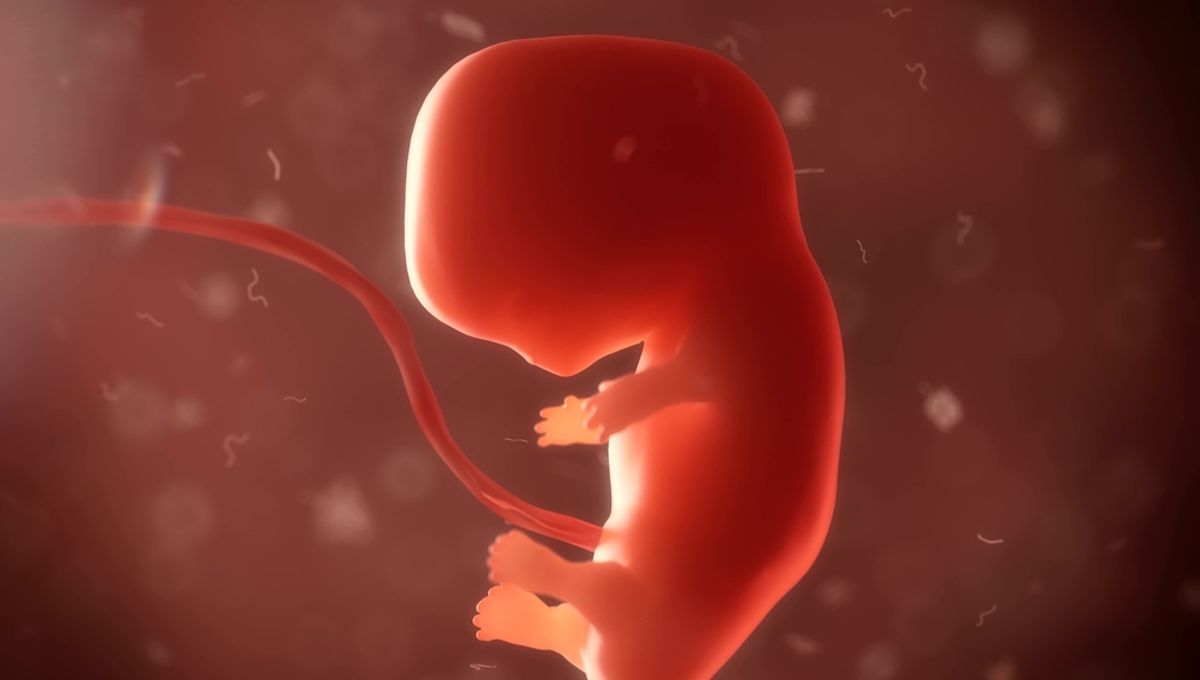
At the start of August, scientists reported the first-ever “synthetic” mouse embryo created without the need for sperm, an egg, or even a womb. These embryos are not viable and will not fully develop into a fetus. Instead, they are incredibly early embryos containing a huge array of cells that can be differentiated into certain organs. The research was a huge breakthrough in embryonic science, as the researchers believed that by using these “synthetic” embryos, it could be possible to bypass the huge ethical barriers in place for standard embryonic work.
Now, scientists are looking to recreate the experiment using human cells, with the end goal of using synthetic human embryos to produce donor organs. It all sounds a little dystopian and worryingly similar to My Sister’s Keeper, but the researchers argue that the idea would be an incredibly efficient way to solve the crippling organ donor crisis that continues to grip the world.
In an interview with MIT Technology Review, biotech company Renewal Bio founder and author of the previous mouse study, Jacob Hanna, said they intend on taking the research to the next level by recreating it with human cells. The experiment would hopefully produce embryos similar to a pregnancy of around 40 or 50 days, complete with tiny organs that could be harvested and developed into donor organs, or embryonic cells that can be used in helping various immune conditions.
“We view the embryo as the best 3D bio printer,” Hanna told MIT Technology Review. “It’s the best entity to make organs and proper tissue.”
Whether you agree with the approach or not, it certainly poses an interesting and sorely-needed answer to an ongoing problem. According to the Health Resources and Services Administration, there are currently almost 106,000 people in the US waiting for a donor organ, with 17 people dying each day waiting for one.
It, therefore, begs the question that if a synthetic embryo with no possibility of life can be created to save another, is it still ethically dubious? Or is it flying too close to the idea of “playing god” or “farming” embryos – concepts sure to be unpopular with a large number of people?
Either way, the company is now in the process of raising funds and pitching to investors.
Should they be able to replicate their success in mice with human embryos, Renewal Bio has not made it clear how advanced they would let the synthetic embryos become. And this will likely be a sticking point with many. But, regardless of the outcome, the creation of a human embryo without a sperm, egg, or womb would be a monumental moment in stem cell research.
Source Link: Biotech Firm Wants To Create Synthetic Human Embryos To Harvest Donor Organs